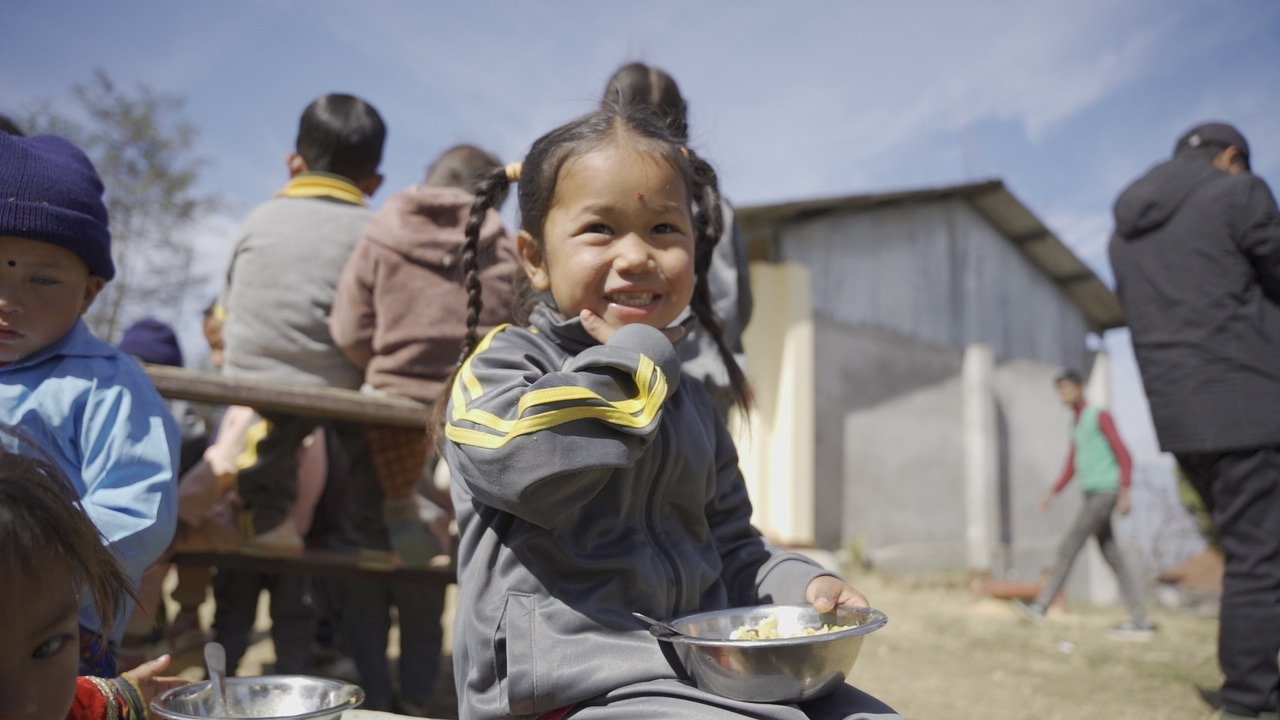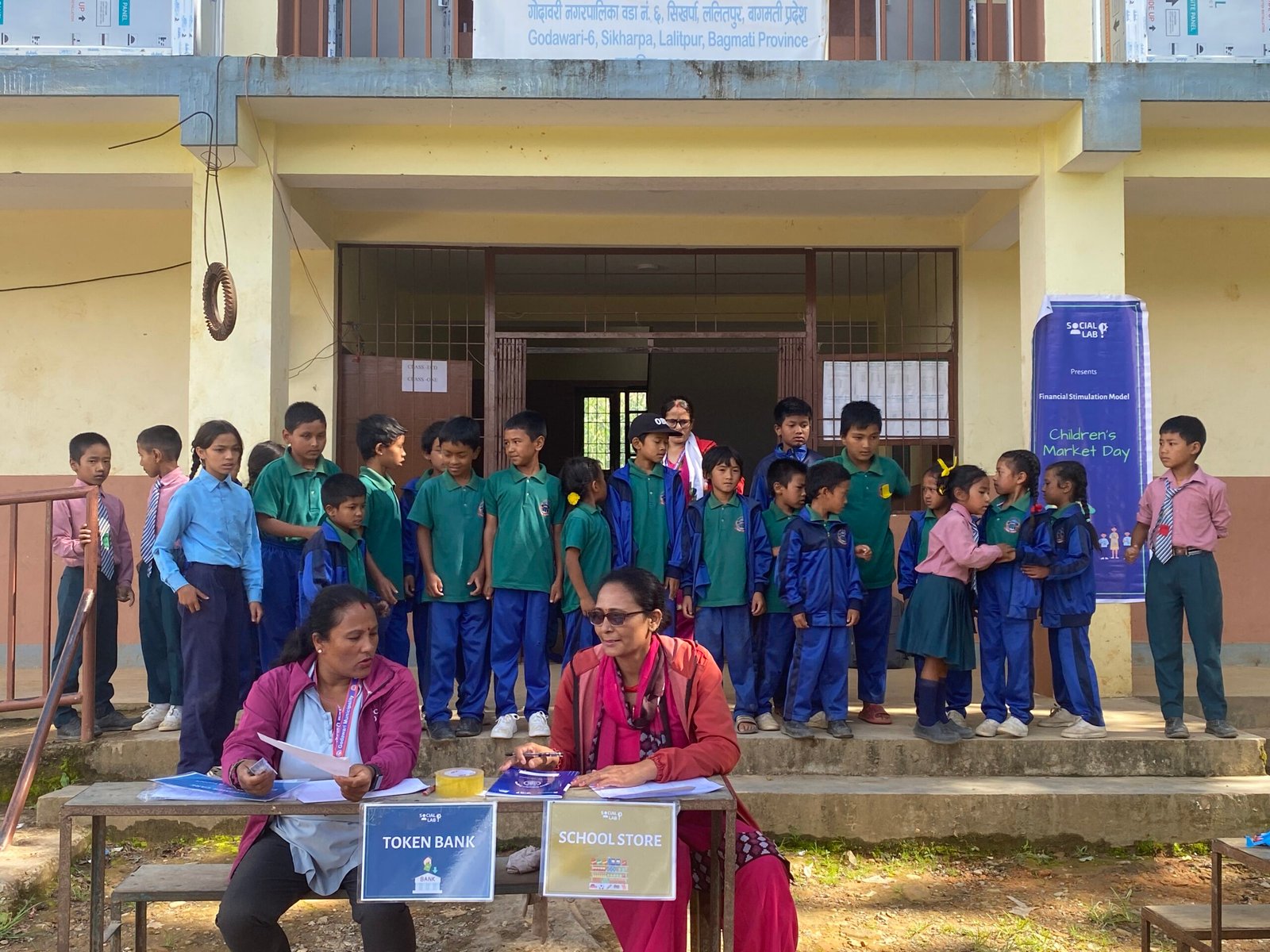Something Is Missing in Public Schools
Just imagine what makes a child excited to go to school? Is it the building? The textbooks? The uniforms?
For many of us, school was more than just a place to study—it was where we made friends, played, laughed, explored new ideas, and felt inspired. But, while we look across the scenario of community schools in Nepal, from Rural to Semi-Urban areas, we can feel that something is missing.
Is it joy, curiosity, and a piece of a smile?
Yes, those missing pieces are Joy. Excitement. A sense of purpose in learning.
We rarely saw students smiling, excited to learn, or truly enjoying school. Unlike many private schools, where students often appear more engaged and confident, public schools, especially in remote areas, feel dull and heavy. This difference is rooted in inequality. Students from low-income families, rural communities, or marginalized backgrounds face huge gaps in resources, opportunities, and outcomes. These gaps don’t just affect academics—they lower students’ self-esteem, motivation, and hope for the future¹.

Thankfully, there have been some inspiring efforts to change this. In Kathmandu, the local government launched Book-Free Friday, where instead of textbooks, students explore new skills, do hands-on activities, and learn in fun ways². It turned school into a place of joy again. Other places are teaching local curricula, organizing field visits, and helping students connect with their surroundings³.
But sadly, most of these efforts are limited to cities. In rural areas, students often walk 2-3 hours just to get to school⁴. By the time they arrive, they’re exhausted and hungry. Can we really expect tired, hungry children to focus, stay motivated, or enjoy learning? Of course not.
Yes, the government is building new classrooms, updating curricula, and bringing in technology, but that’s not enough. None of it matters if students don’t want to come to school. Before anything else, we need to make school worth coming to—a place that feels safe, joyful, and welcoming. Only then can real learning happen.
Social Lab Nepal, a youth-led nonprofit, has been working to bring joy back into public education. We’ve designed innovative programs that go beyond the textbook: The Financial Stimulation Model (FSM), an innovative model that teaches hands-on financial literacy to students through a positive behaviour reinforcement model. Recreational Therapy blends music with education to build confidence, improve mental health, and contribute to making a vibrant school environment.
The English Language Tutorial (ELT) teaches the English language in a fun and innovative way that builds confidence, reduces the fear of language, and boosts self-esteem. The support of Mid-day Meal to the schools helps schools provide nutritious meals so students can stay focused and energized. Though the government of Nepal has provided funds for the mid-day meal to the school, it won’t be enough for feeding a balanced, nutritious, and varied diet⁵.
Imagine a student who’s walked two hours to school but gets a hot, balanced meal, learns through music, games, and practical activities. That student doesn’t just survive school—they start to love it.
Sometimes, it only takes a small change to make a big impact. If we all do our part, support each other, and share these ideas, we can spark change across the country. Let’s work together to bring joy, hope, and dreams back to our schools.

Nirash Dulal is a Social Work Graduate from Kathmandu University and is currently working as a Project Associate. He has been actively working in the sector of transforming the public education landscape in Nepal. For more information: https://sociallab.com.np/
- https://myrepublica.nagariknetwork.com/news/challenges-facing-the-nepali-education-system
- https://risingnepaldaily.com/news/28646
- https://thehimalayantimes.com/nepal/schools-in-birtamod-teaching-local-textbook
- https://myrepublica.nagariknetwork.com/news/where-students-walk-three-hours-to-reach-school
- https://nepalitimes.com/banner/nepali-students-get-a-second-helping

No responses yet